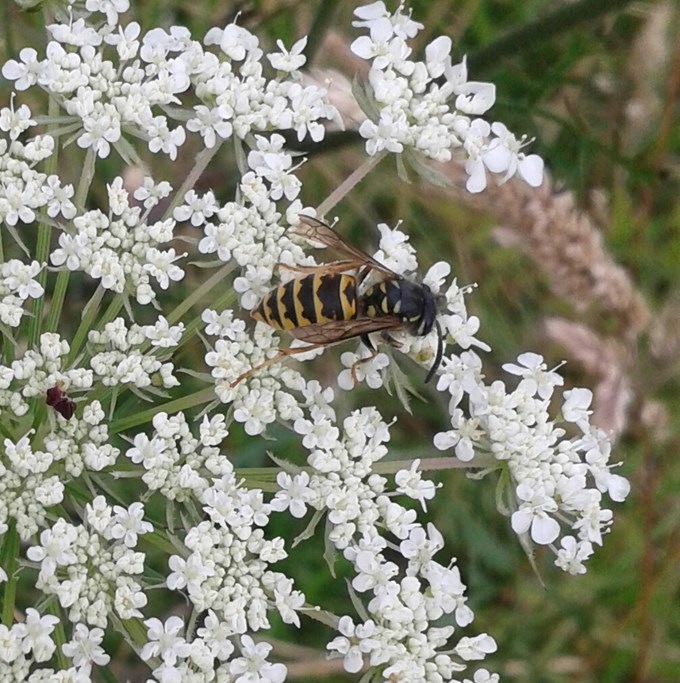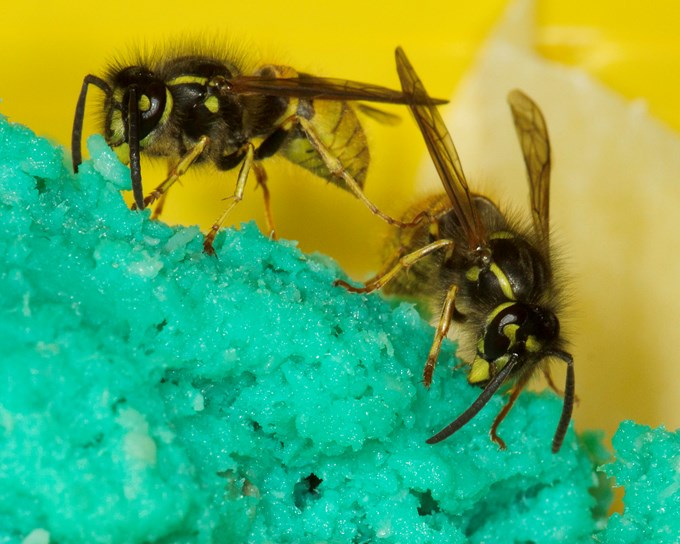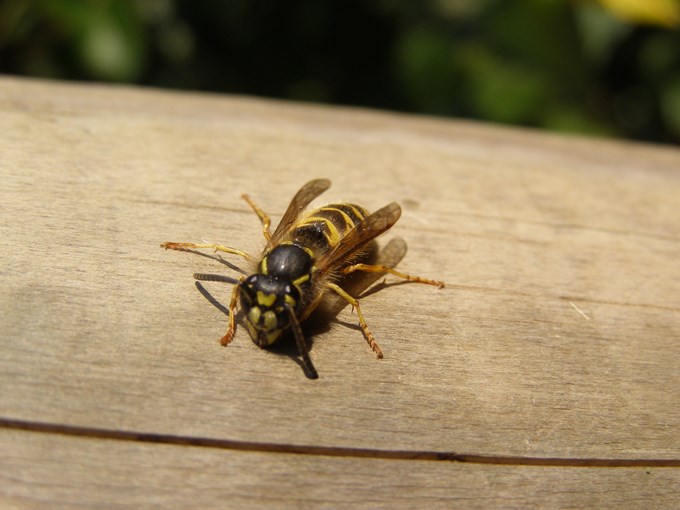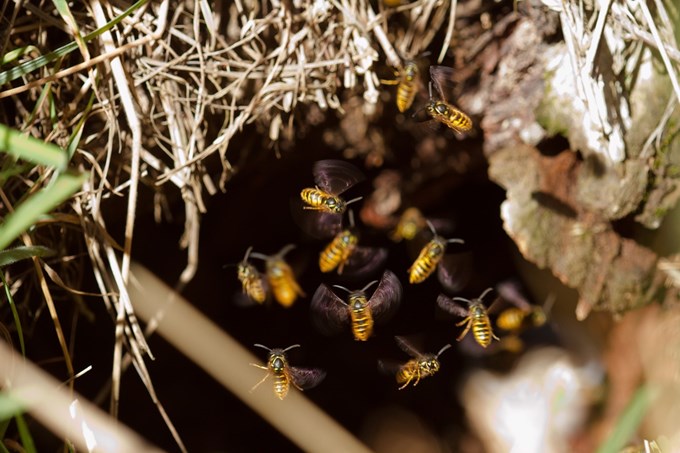They’re the bane of summer picnics and a danger for park rangers, volunteers and contractors every year. Now wasps are about to be targeted in the Ark in the Park area of the Waitākere Ranges. Ark in the Park is a joint operation between Forest & Bird and Auckland Council.
Vespex bait will be used to eliminate the wasps. The bait has a protein lure so it doesn’t attract bees.
Wasps pick up the bait and take it back to their nests to share, destroying the colony. The product has been successful elsewhere in New Zealand and has won a WWF Conservation Innovation Award in 2015.
“In the past the only way to undertake wasp control was to find and destroy the nests. This is difficult, dangerous and time consuming."
“The technology lets the wasps do the hard work and destroy their own nests,” says Mark Mitchell, Auckland Council's Senior Regional Biosecurity Advisor, Animals.
“Wasps are a major environmental and recreational pest. They compete with birds and insects for food and prey on invertebrates. Depending on the results of this control operation, we will hopefully be able to do control in other areas of Auckland," he says.
The bait will go out over 565ha of the northern Ark in the Park area. This area has several popular walks and tramping tracks often attracting large numbers of visitors. Unfortunately these experiences can be spoilt by the numbers of wasps they encounter in the area.
“The wasp problem restricts our mammalian predator control operations at Ark in the Park in late summer and autumn. If this wasp control operation is successful, it will enhance the native biodiversity of this area and make it safer and more enjoyable for volunteers, contractors, park rangers, Ark staff and visitors,” says Gillian Wadams, Ark in the Park project manager.
Monitoring is underway to ensure wasp numbers are high enough for control and to pinpoint the wasps’ movement from sugar to protein food sources. This is when the bait is set to go out.
Signage will be in place during the operation and bait will be in place for three to eight days. The product is of very low risk to people, pets and birds.
Click here to find out more about how Auckland Council contributes to biosecurity and what you can do to help.





